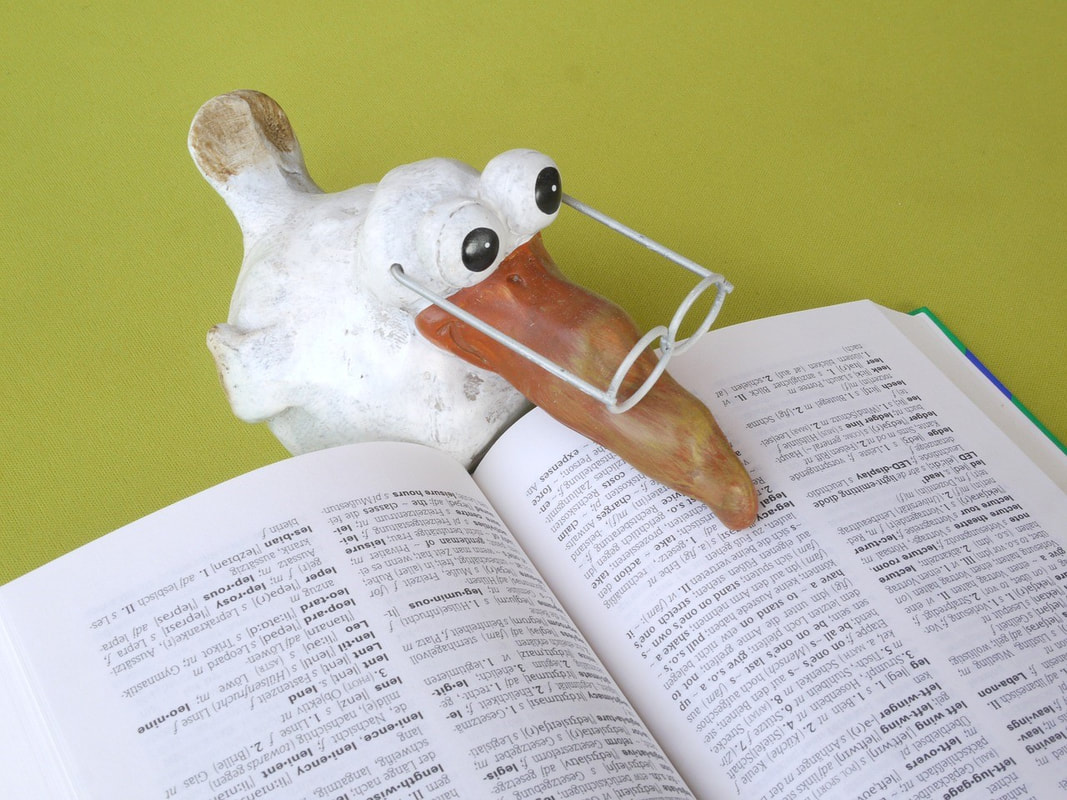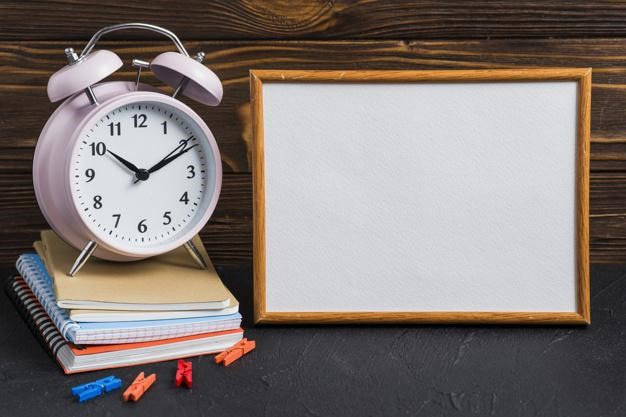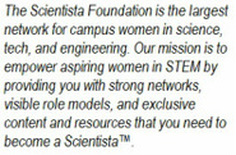|
By Amy Massack Asking for a letter of recommendation is never an easy process. Whether you’re an undergraduate applying to professional programs (e.g., medical or physician assistant school), applying to graduate school, or trying to land your first real job, it’s a stressful (but necessary) transitional period in university life. Although it may seem daunting at first, asking for a letter is an essential skill one must develop as an adult entering the professional world. Below is a compiled guide of how (the basic do’s and don’ts) and when to ask for a recommendation letter. While reading, feel free to cross-check your own ideas or expectations with the ones listed. How to Ask For a short backstory, during undergrad, I had a professor who would actually give a presentation on recommendation-inquiring etiquette. Usually, the biggest no-nos were either time- or approach-based, such as when a student would request a letter with short notice or within an informal setting. However, the absolute biggest complaint during the entire discussion was how (yes, how) the student decided to approach the professor. Too many times, students either emailed or requested a letter in a casual setting, whether that be with other students present or some other situation deemed inappropriate. He could only count a handful of students who had the courage to approach him during office hours or request a private meeting for the affair. Although this story may sound a bit surprising or harsh, I can’t help agreeing with him. It does take a degree of courage or maturity to “cold approach” someone in person. When we look at the rise of technology over recent years, impersonal contact (i.e., texting) has become the prevalent means of communication. While not so long ago, in-person visits were one of the only ways (other than phone calls) to contact someone. So, when it comes to something as crucial as requesting a letter of recommendation, put yourself in your professor’s shoes (or whomever else you may be asking). Most of them will come from a time without cell phones or other devices we take for granted. For them, talking in person may be what they consider most comfortable and respectful. If you (as a student or mentee) show enough consideration to acknowledge this, it may put you in their better graces. During a time of high scale competition, landing a choice spot may require a stellar letter of recommendation. When to Ask In my opinion, the “when” step is always the most difficult part of asking for a letter of recommendation. The procrastinator in me seems to create reasons (even If they are absolutely ridiculous) to put things off until the last minute. However, when it comes to recommendation letters PLEASE (yes, all caps!) do not procrastinate. For general courtesy, it’s always best to give professors (or whomever else) at least 2 months in advance to actually write and prepare a letter. So, if you need a recommendation for the spring, it’s best to ask before winter break. That way, you give your requested recommender ample time to endorse you properly. However, be aware, some may ask you to draft your own letter, which is a whole other blog post. With saying that, below is my personal mock plan for requesting recommendation letters. Obviously, it’s not necessary to follow step by step; however, it may give anyone reading general expectations to the process. Step by Step Plan: 1. Start planning ahead! Whether you are just beginning undergrad or in the preliminary stages of your major classes, start networking within your department. This can be fulfilled by either joining clubs, contributing to a research team, or regularly going to your professor’s office hours. In doing so, you will develop better relationships and people will know you (as a person) when you eventually inquire for a recommendation letter. 2. Figure out the time frame for when it will be most beneficial for you to have the recommendations under your belt. This will obviously vary from person to person; however, one must consider their overall goals and academic timeline. For example, if you’re applying to graduate or professional schools, you will need to consider when applications will be due. This will have a substantial impact on how soon you should approach those you’re asking to write your letter. 3. After you figure out when you need the material, ask your choice writer! As mentioned above, it’s best to make the asking personable, so set aside time to meet with the person you have in mind. When meeting with them, bring your resume and bulleted notes of your program or potential jobs of interest; this will give them a clear idea of how to craft your story to committees. Also to note, be as transparent as possible about application due dates and timelines. It can be tempting to exaggerate the due date when you’re in a time crunch to send in all your material, but remember to be respectful of their time. The future situation will be worse if you break trust within your network, so be as forthcoming as possible. 4. If your intended recommender graciously agrees to write your letter, congratulations! Now, not only do you have a letter under your belt, but you also have a person to thank. Whether that be a thank you note or a small gift, let your writer know that you appreciate them. Time is a precious commodity, and it takes a great deal of preparation, time, and effort to write something as lengthy as a recommendation letter. By putting your best foot forward, you’re not only being polite, but getting into the habit of building a foundation for future professional relationships. All in all, asking for a letter of recommendation is not easy. It can be difficult to start the process and to figure out a method useful for your personal situation. Although it may be a daunting task, our team at Scientista believes in you, and we hope these tips give you good starting ground. Good luck and may the asking be in your favor! What important pointers are left out? Comment below and give the readers your personal story involving recommendation season. As always, happy reading! About the Author
Amy Massack recently completed her bachelor’s degree in Chemistry from Slippery Rock University of Pennsylvania this past May. Her undergraduate research primarily focused on molecular cell regulation, however, (upon entering the job market) she has stepped into an Industrial Chemist role. When she's not working or learning new things on the job, you can find her either reading, knitting/beading or exploring the great outdoors.
1 Comment
Nektaria
6/10/2021 05:13:24 pm
This is so helpful!
Reply
Your comment will be posted after it is approved.
Leave a Reply. |
Education BlogAbout ScientistaSubscribe!NEW!New PostsWhat's HotClick to set custom HTML
You Might Like...
Connect With UsLatest tweets |
The Scientista Foundation, Inc. All Rights Reserved © 2011-2021 | Based in NY | [email protected]
The Network for Pre-Professional Women in Science and Engineering
The Scientista Foundation is a registered 501(c)(3) -- Donate!
The Network for Pre-Professional Women in Science and Engineering
The Scientista Foundation is a registered 501(c)(3) -- Donate!





 RSS Feed
RSS Feed









